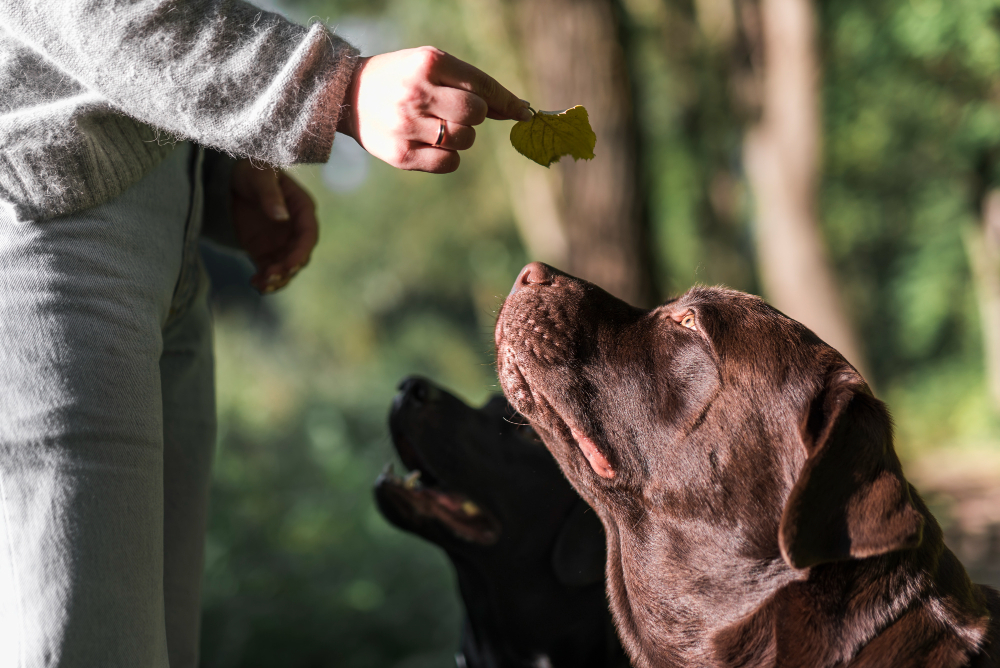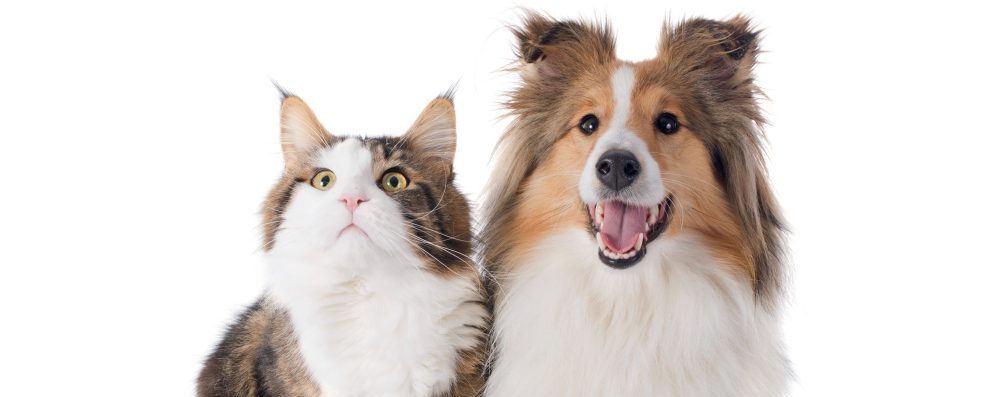The fascinating world of canine companions offers a wide array of breeds and types for potential dog owners to choose from. This article will provide an in-depth look at the differences between dogs and hounds, delving into the meaning of the term “hound,” its origins, and the various breeds of hounds and pet dogs. By answering frequently asked questions, we will offer a comprehensive guide for those seeking to understand the distinctions between these canine classifications.
The Difference Between Dogs and Hounds
To begin, it’s essential to understand the general difference between dogs and hounds. Dogs are a broad category of domesticated canines, encompassing various breeds and types. Hounds, on the other hand, are a specific group of dog breeds primarily bred for hunting purposes. Hounds often have a keen sense of smell and are known for their stamina, making them ideal hunting companions.
The Meaning of ‘Hound’ and Its Relationship to ‘Dog’
The term “hound” is often used to refer to specific breeds within the dog category, particularly those with hunting abilities. The word “hound” comes from the Old English word “hund,” which means dog. As such, the term “hound” is closely related to the word “dog” and can sometimes be used interchangeably. However, it is more accurate to use “hound” when referring to breeds with distinct hunting characteristics.
The Origins and Evolution of the Term ‘Hound’
The word “hound” has a rich etymology, with its origins tracing back to various languages such as Old English, Old High German, and Old Norse. Over time, the meaning of the word has evolved, but its association with hunting dogs has remained constant. Understanding the historical context of the word “hound” can provide valuable insight into the unique qualities that set hound breeds apart from other types of dogs.
Characteristics and Breeds of Hound Dogs
In this section, we will explore the types of hound dog breeds and the common characteristics that define them. Hound dogs typically possess a strong sense of smell, exceptional stamina, and a distinctive, deep howl. These traits make them highly effective in tracking and hunting game.
There are two primary categories of hound dogs: scent hounds and sight hounds. Scent hounds, such as the Bloodhound and the Beagle, rely on their extraordinary sense of smell to track their prey. Sight hounds, including the Greyhound and the Saluki, rely on their keen vision and incredible speed to spot and pursue their targets.
Popular hound breeds include the Dachshund, Basset Hound, Afghan Hound, and Irish Wolfhound. Each of these breeds showcases the diversity of the hound group, with variations in size, appearance, and hunting abilities. By exploring all types of hound dogs, potential dog owners can find the perfect hound breed to match their lifestyle and preferences.
The Connotations and Cultural Perceptions of ‘Hound’
The term “hound” carries a range of connotations and cultural perceptions. While it is not considered a derogatory term, it can sometimes evoke images of hunting dogs or dogs with a relentless pursuit of their prey. This perception likely stems from the hound’s historical role in hunting and tracking. However, hound breeds can also make excellent family pets, with many displaying loyalty, affection, and intelligence.
Discovering Different Types of Pet Dogs and Dog Breeds
Now that we have a better understanding of hound dogs, let’s explore the different types of pet dogs and dog breeds to pet. With countless breeds available, prospective dog owners can find the perfect companion to suit their lifestyle and preferences.
- Popular Pet Dog Breeds
Some popular pet dog breeds include the Labrador Retriever, Golden Retriever, Poodle, and German Shepherd. These breeds are known for their friendly and sociable nature, making them ideal family pets. Each breed offers unique characteristics, such as the Labrador Retriever’s playful demeanor and the Poodle’s hypoallergenic coat, allowing potential dog owners to find the perfect match for their needs. - Factors to Consider When Choosing a Dog Breed
When choosing a dog breed to pet, it’s essential to consider various factors such as size, temperament, and activity level. Smaller breeds, like the Pug and Chihuahua, may be better suited for apartment living, while larger breeds, like the Great Dane and Bernese Mountain Dog, require more space and may be better suited for homes with a yard.
Temperament is another crucial factor to take into account. Some breeds, like the Border Collie and Australian Shepherd, are highly intelligent and require mental stimulation, while others, like the Bulldog and Shih Tzu, may be more laid-back and easygoing. It’s important to select a breed that matches your lifestyle and energy levels. - Exploring the World of Hound Breeds as Pets
Though hound breeds were primarily bred for hunting purposes, many of them make excellent pets. For instance, the Basset Hound and the Beagle are both scent hounds known for their friendly and affectionate nature, making them great family pets. Similarly, the Greyhound, a sight hound, is known for its gentle and calm demeanor, despite its reputation as a racing dog.
Conclusion
In conclusion, understanding the differences between dogs and hounds, as well as the various breeds within these categories, can help prospective dog owners make an informed decision when choosing a canine companion. By exploring the different types of pet dogs, dog breeds to pet, and types of hound dog breeds, individuals can find the perfect match for their lifestyle and preferences. The rich history and diverse characteristics of dogs and hounds offer a fascinating glimpse into the world of our beloved four-legged friends. So, whether you’re seeking a loyal hunting companion or a cuddly family pet, there’s a dog breed out there waiting to become your perfect companion.

